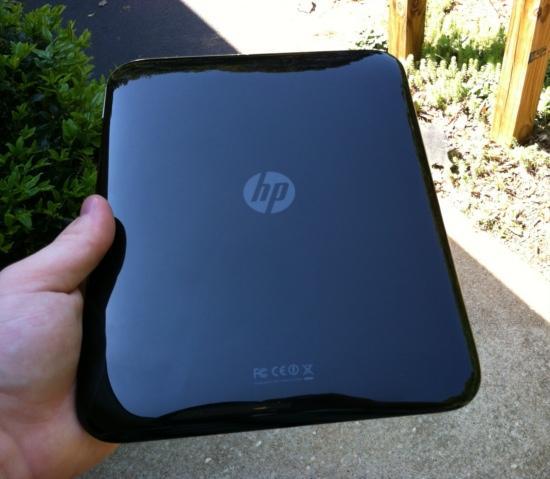
This whole thing with HP, the remaining entities from the Palm acquisition and, primarily, webOS has been crazy. I don't think anyone saw any of this coming, and what makes it worse is the public way that HP has handled all this. Specifically, not well. Now that some higher-ups at HP are suggesting that HP webOS-powered tablets may not be dead after all, it is leaving a lot of people to scratch their head in confusion. Or, worse, suggest that this fire sale of the TouchPad was all a ploy to get the tablet out there and into the public. And with the future of webOS up in the air, I can't help but wonder where it all went wrong.
We've already talked about where HP went wrong with webOS, and I agree with all of those points. HP didn't try hard enough to be in the smartphone or tablet market, and they threw in the towel long before they should have. All of these things are true. There are webOS fans out there, obviously. They just wanted support for their OS, and that takes an investment in not only money, but also time.
But from HP's perspective, I guess it makes sense. I mean, after the Pre 2 started to get shrugged off by carriers, and after the poor response regarding the HP Veer 4G launch on AT&T, I can see why HP would be worried. It probably didn't help that the Pre 3 didn't get much fanfare, either.
But why is that? Why, even with multiple devices released, didn't webOS get picked up? Why are we sitting here discussing the short fate of one of the most unique mobile platforms out there? Yes, people want new devices, but that can't be the whole reason. After all, look at Research In Motion's BlackBerry devices. They don't change much, but the company is still here and people are still buying their products. Furthermore, people are still rallying for the survival of the house that built BlackBerry.
And yet, webOS is dying. In fact, it seems dead on the scene. Without HP's backing, and without companies looking to take webOS under their wing, we are talking about the death of webOS. Was the market just too vicious for the OS? Or, can we place all of the blame on HP, and point them out as the sole reason that webOS isn't part of the conversation about future platforms?